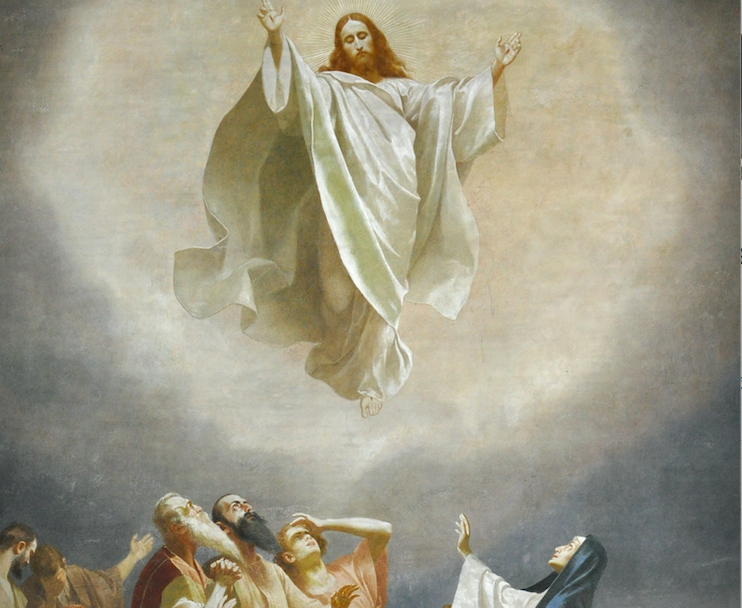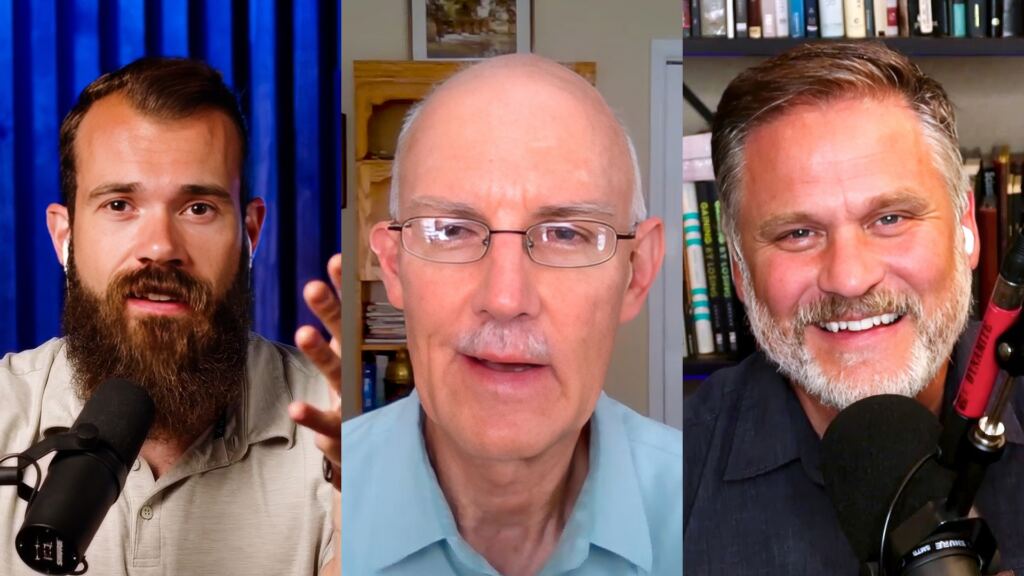Can you identify the sources of these famous last words?
- “Money can’t buy life.”
- “I’m so thankful for the active obedience of Christ. No hope without it.”
- “Last words are for fools who haven’t said enough.”
The answers are Bob Marley, J. Gresham Machen, and Karl Marx, in that order. A person’s deathbed words are typically some of their most noteworthy statements—the stuff of great epitaphs, or at least good Tweets.
This isn’t only true of dying words. All sorts of farewell remarks tend to stir a similar sense of grandeur, sometimes regardless of content. George Washington’s Farewell Address remarkably showcases both the self-effacing character of a man who could have been king but chose not to be and his prophetic insight into the dangers that the fledgling republic would face. It’s no wonder there was a period in American history when the address was more studied in schools than the Declaration of Independence.
By contrast, Richard Nixon’s resignation speech is also memorable—but for completely different reasons, having far more to do with what the event signified than anything Nixon actually said.
The weight we assign to a person’s parting words plays into the way we preach. In our perception, certain prominent last words in Scripture tend to tower in significance over the rest of the canonical landscape, and for good reason:
- “But as for me and my house, we will serve the Lord” (Joshua 24:15, ESV).
- “Lord, do not hold this sin against them” (Acts 7:60).
- “I have fought the good fight, I have finished the race, I have kept the faith” (2 Timothy 4:7-8).
- “Come, Lord Jesus!” (Revelation 22:20b).
When it comes to the Lord Jesus, whether one’s Bible of choice is red-lettered or not, the Holy Spirit has seen fit to bless us with lots of quotable material. What were Jesus’ own awe-inspiring last words?
Many of us would answer: the Great Commission. But since a recent study revealed that 51 percent of churchgoers don’t know what the Great Commission is, I’ll quote the version most commonly cited from Matthew: “All authority in heaven and on earth has been given to me. Therefore go and make disciples of all nations, baptizing them in the name of the Father and of the Son and of the Holy Spirit, and teaching them to obey everything I have commanded you. And surely I am with you always, to the very end of the age” (28:18-20).
Anyone who has preached or taught this text has probably fallen into the trap of classifying our Lord’s words with those of our first president—that is, implying that the Great Commission was his own “farewell address.” And in a sense, it is; Jesus warned his disciples often throughout his post-resurrection appearances that he was leaving. Immediately after issuing a similar commission in Acts 1, Jesus ascended into heaven, so bewildering his companions that angelic messengers had to tell them to get their heads out of the clouds (verse 11).
The problem is that we often draw a blank in our collective conscience when we consider the time between Christ’s two comings. We speak much of the cross, the resurrection, and Christ’s consummate return (depending on one’s theological tradition, but far less of the ascension and session of Christ. As a result, we tend to equate Jesus’ missional mandate with his “last words”—as though Jesus issued it before riding off into the sunset, beginning his retirement while the credits roll and viewers begin to leave the theater.
But what if the Great Commission wasn’t a farewell address, but an inaugural speech?
Far from mirroring the quipping words of celebrities on their deathbeds or leaders resigning from office, Jesus was entering into an exalted state of glory and assuming office. What if we read the Great Commission as the sacred utterance of a king about to be coronated, rallying his subjects to enter a new era? What if we saw Jesus’ global discipleship mandate and the promise of his empowering presence as the words of a president about to be sworn in, doubling down one last time on his campaign promises?
Christ didn’t become disappear from history after his ascension. He isn’t floating around somewhere as a friendly ghost. Instead, the Old Testament speaks vividly of that moment when, riding on a wave of angelic accolades, the risen Christ was installed by the Father as supreme ruler of the universe:
- “Ask me, and I will make the nations your inheritance, the ends of the earth your possession” (Psalm 2:8).
- “You have given him dominion over the works of your hands; you have put all things under his feet” (Psalm 8:6).
- “The LORD says to my Lord: ‘Sit at my right hand, until I make your enemies your footstool.’ The LORD sends forth from Zion your mighty scepter. Rule in the midst of your enemies!” (Psalm 110:1-2).
- “Of the increase of his government and of peace there will be no end, on the throne of David and over his kingdom, to establish it and to uphold it with justice and with righteousness from this time forth and forevermore. The zeal of the LORD of hosts will do this” (Isaiah 9:7).
- “…[B]ehold, with the clouds of heaven there came one like a son of man, and he came to the Ancient of Days and was presented before him. And to him was given dominion and glory and a kingdom, that all peoples, nations, and languages should serve him; his dominion is an everlasting dominion, which shall not pass away, and his kingdom one that shall not be destroyed” (Daniel 7:13-14).
Jesus was enthroned bodily as King of kings and Lord of lords. The New Testament authors bear out this reality with their liberal references and allusions to these texts.
If we read the Great Commission simply as a farewell address, it’s an ideal to strive after—Jesus’ dream for a better world, perhaps something like Dr. King’s dream. But inaugural speeches make promises, and in his, Jesus is announcing what he will accomplish by means of his gospel and his church.
“He will not grow faint or be discouraged till he has established justice in the earth; and the coastlands wait for his law” (Isaiah 42:4).
The Great Commission may come at the end of the gospel story, but it was only the beginning of Jesus’ ongoing, lifelong term as Lord. It wasn’t a cliché or a dream, like most parting words. It was an announcement of a new program for the universe. And because he is still with us, even to the end of the age, Christ’s authority in the commission gives us the audacity to go.




